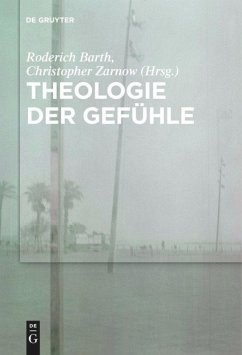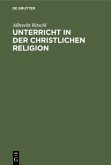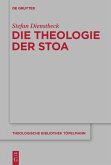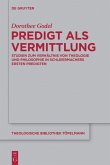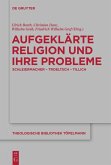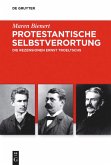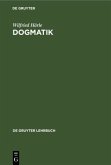Moods, emotions, and feelings play a central part in religious life. How can theological reflection take this emotional dimension into account? What characterizes the particular nature of religious feelings? What determines their relationship with reason? This volume examines these questions from a range of disciplinary perspectives including exegesis, ethics, and the psychology of religion.
Die Bedeutung von Gefühlen für Weltkonzept und Lebensführung ist jüngst erneut in den Fokus von Philosophie, Hirnforschung und Kulturwissenschaften gerückt. Eigentümlich unbeachtet blieb allerdings bislang die religionstheoretische Dimension. Dabei ist gerade von ihr Aufklärung über die komplexe Struktur 'höherer' bzw. gemischter Gefühle zwischen Erleben und Deuten zu erwarten.
Der vorliegende Band erkundet den Gefühlsaspekt des Religiösen aus Perspektive unterschiedlicher theologischer Disziplinen einschließlich Philosophie und Religionspsychologie. Ein besonderer inhaltlicher Schwerpunkt liegt auf der gefühlstheoretisch hoch produktiven Aufklärungsdebatte.
Die Bedeutung von Gefühlen für Weltkonzept und Lebensführung ist jüngst erneut in den Fokus von Philosophie, Hirnforschung und Kulturwissenschaften gerückt. Eigentümlich unbeachtet blieb allerdings bislang die religionstheoretische Dimension. Dabei ist gerade von ihr Aufklärung über die komplexe Struktur 'höherer' bzw. gemischter Gefühle zwischen Erleben und Deuten zu erwarten.
Der vorliegende Band erkundet den Gefühlsaspekt des Religiösen aus Perspektive unterschiedlicher theologischer Disziplinen einschließlich Philosophie und Religionspsychologie. Ein besonderer inhaltlicher Schwerpunkt liegt auf der gefühlstheoretisch hoch produktiven Aufklärungsdebatte.
